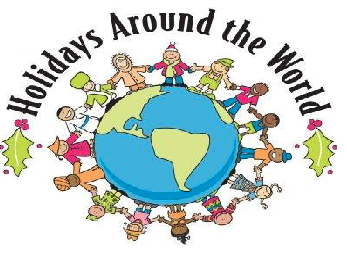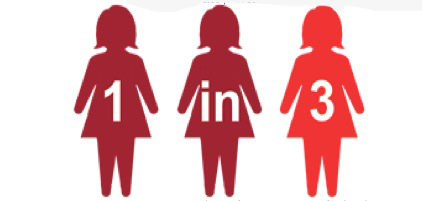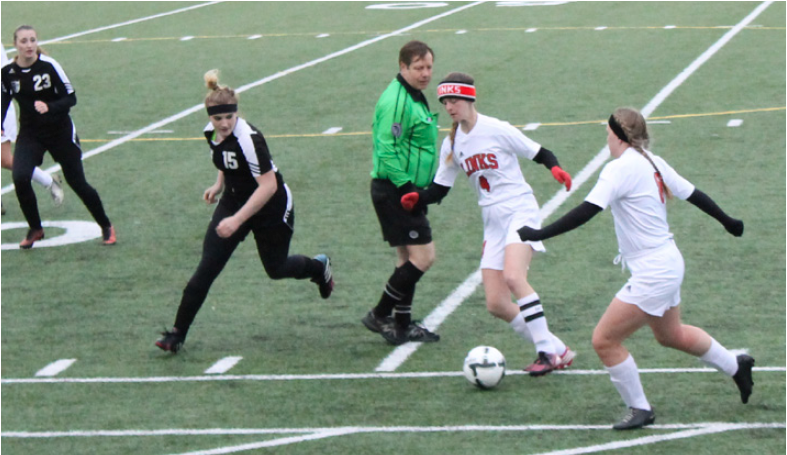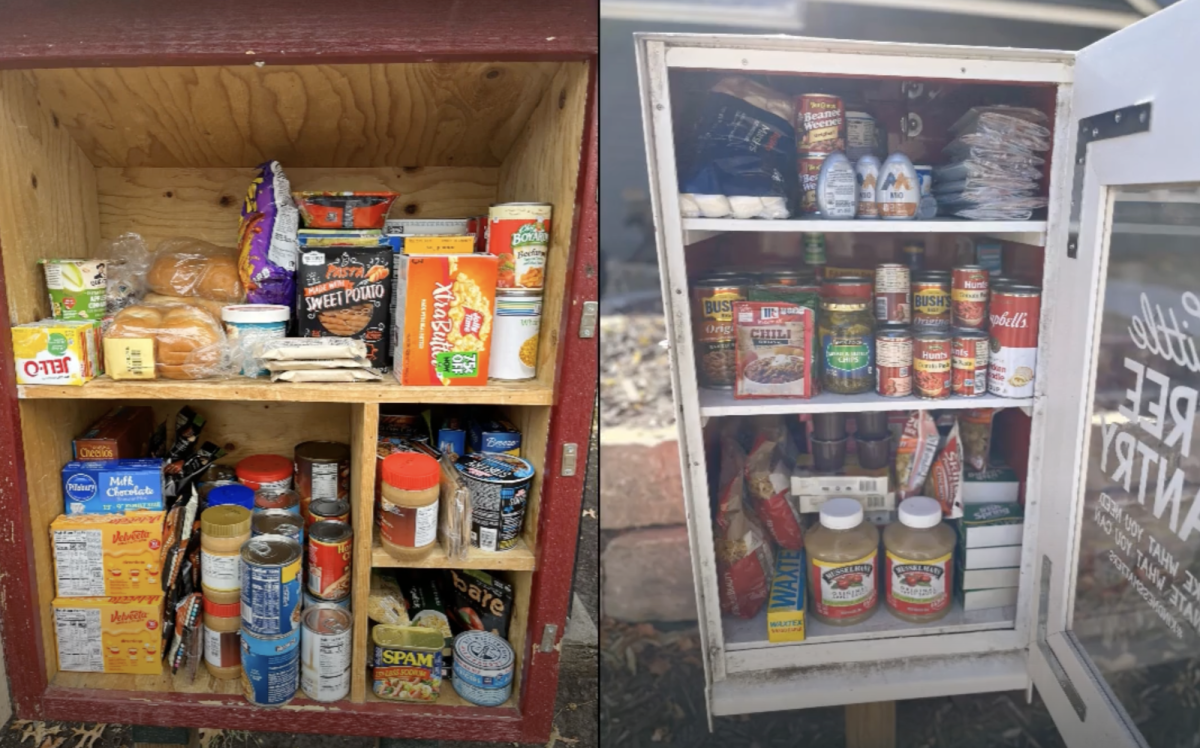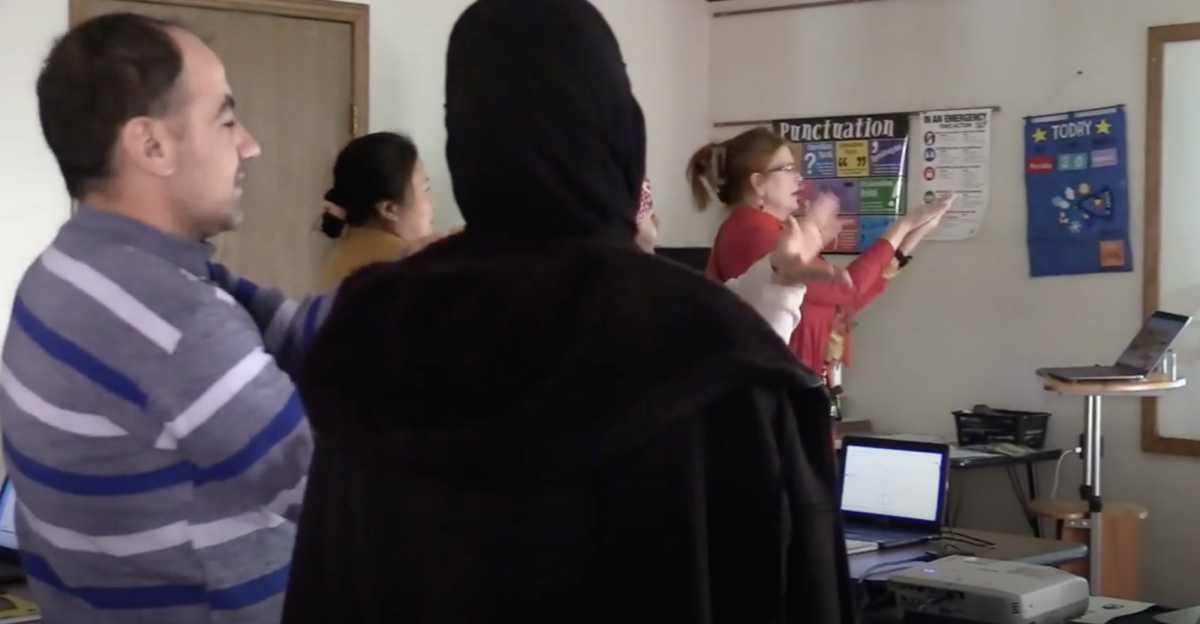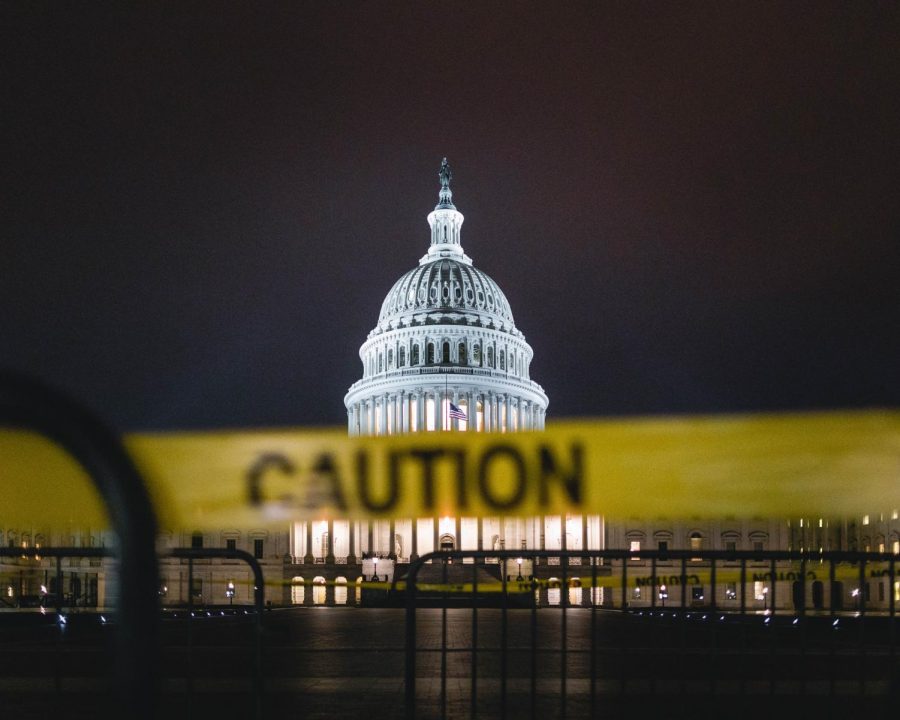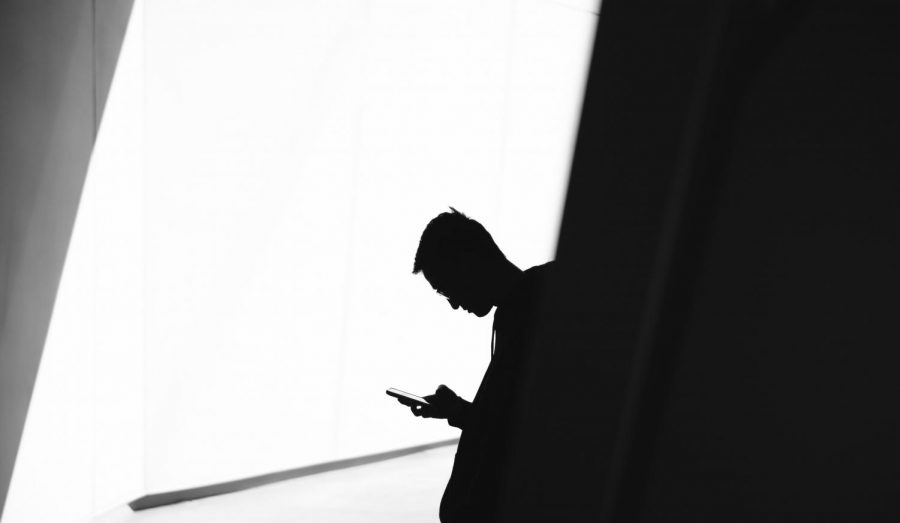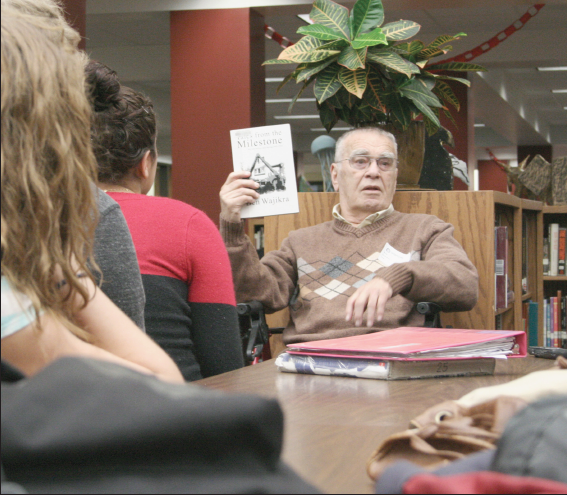There has been a lot of talk recently about rape and sexual abuse on college campuses, but how much of a problem is it? And what might be causing this rise?
The Department of Justice and the Centers for Disease Control and Prevention recently published a study showing some shocking statistics. It found that 97% of rapists and sexual assault offenders never spend a day behind bars.
They also found that 1 in 6 women have been victims of attempted sexual assault or completed sexual assault, and 1 in 33 men have been sexually assaulted.
Tragically, 54% of these women were under the age of 18, and 22% were under the age of 12.
For men, 32.3% were between 11 and 17 when they were sexually assaulted.
And what has to be the worst part about all of this is that 60% of these assaults are never reported. Discussing any sort of traumatic crime can be hard, but for our society, it is barely talked about at all, or rarely acknowledged as a serious crime. “Just because people don’t see it, doesn’t mean it’s not there,” Planned Parenthood Educator Peggy Olson said. “It’s just because we’re not used to looking at it. And once you see rape culture, it’s everywhere.”
Rape culture is the culture in our society that makes it so that rape is normalized and taken lightly. “For me, I think it’s [rape culture] pervasive in our culture,” Olson said. “I think it’s so pervasive in our culture that it can be absolutely invisible.”
Olson also explained that she thinks rape culture ties into how people are treated in the media and series of microaggressions. We often make jokes such as, “I’ll rape you,” or “Shh…just accept it,” and other jokes and comments along those lines, and we just ignore the fact that it’s actually very offensive and inappropriate. Saying things like this gives in to rape culture, and we as a society have begun to accept it as appropriate and normal.
Olson went on to say that we as a culture don’t deal with sex and sexuality very well at all, so speaking up about rape and sexual assault is also weighted with this extra taboo of not accepting or speaking about sex in our society.
There are times when victims are blamed and even when the case is taken to court, the sexual assault offender may not even get charged. This, and how we as a society treat rape, sexual assault, and sexuality, discourages the victim from speaking up.
“It also creates this idea that sex is a commodity,” Olson said. On the cover of magazines or in movies, we see men hounding on women, and it gives us this idea that sex sells; that sex is something that men can be entitled to by women whether the women want it or not. Oil and gas tycoonClayton Williams once made the comment, “Rape is kinda like the weather. If it’s inevitable, relax and enjoy it.” This idea that rape should be “enjoyed” could very well stem from the fact that we use sex to sell, and people are exposed to something sexual everyday. Sex isn’t always wanted by someone, whether you’re female or male, and the media and a lot of people in our society don’t understand that fact very well.
“We have this whole craziness on how we deal with sex and sexuality,” Olson said.
Also, for people who have been raped or sexually assaulted often times are left with emotional and psychological trauma.
“People who have been sexually assaulted usually do have a higher rate of negative health impacts. They have a higher rate of suicide, a higher rate of depression, and a higher rate of teen pregnancy or unintended pregnancy,” Olson said.
“We know when somebody experiences sexual violence, whether that’s a rape or any other type of sexual violence crime, it has a profound impact on the victim or the survivor,” sexual violence advocate at Voices of Hope Morgan Beal said. “It can affect them in a lot of different capacities. You know, depression, PTSD symptoms, sleep or eating disturbances and things like that. And it also really varies from one person [victim] to the other.”
And when such a crime is committed, not only is the victim affected but their loved ones are, too. “We also know that these crimes tend to have a ripple effect to their support systems,” Beal said. “So when loved one’s hear about that person in their life being traumatized and victimized in this sort of way, it has a profound impact on them as well.”
After a sexual assault crime, it is up to the victim to decide how to handle it. “There aren’t definite steps that they have to take,” Beal said. “But there are certainly options in how they can move forward.”
Being that Beal works at Voices of Hope, she has a lot of different situations come in. Sometimes she even has people who come in who have no desire to get the law involved, and that’s totally up to them. There are many steps that can be taken, but ultimately, it is up to what the victim wants to do. Many hotlines, centers and websites are dedicated to helping the victim and their loved ones figure out what steps they want to take about the crime.
If you or someone you know has been a victim of sexual assault, there are many resources you can use.
RAPE/SEXUAL ASSAULT RESOURCES:
Voices of Hope:
2545 N St. Lincoln, NE 68510
Non-emergency Number: 402-476-2110
Crisis Hotline: 402-475-7273
National Sexual Assault Hotline:
1-800-656-HOPE(4673)
Planned Parenthood (Lincoln, Ne):
5631 S 48th St #100, Lincoln, NE 68516
Phone: (877) 811-7526
Graphic shows how rape harms many people and how many rapists do or do not get convicted.
Infographic made on Easel.ly by Samatha Stuefer





